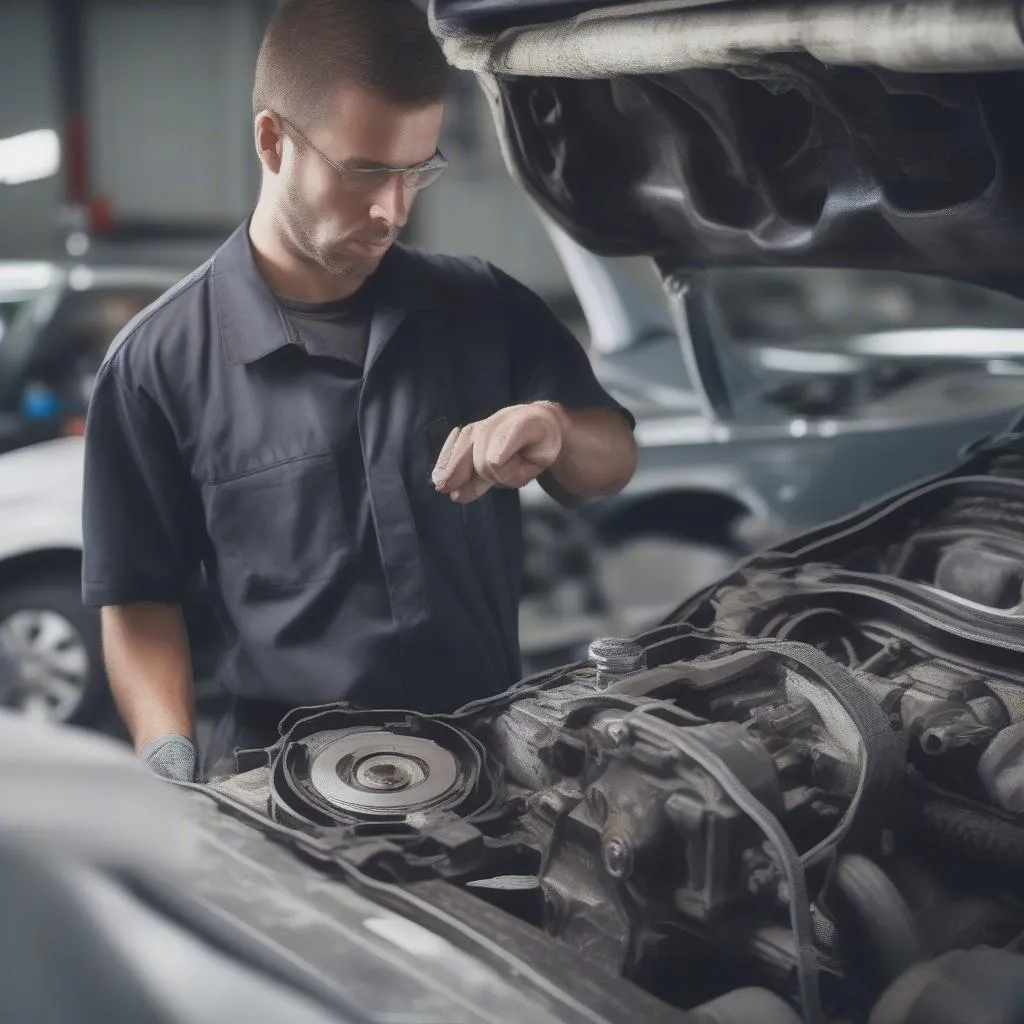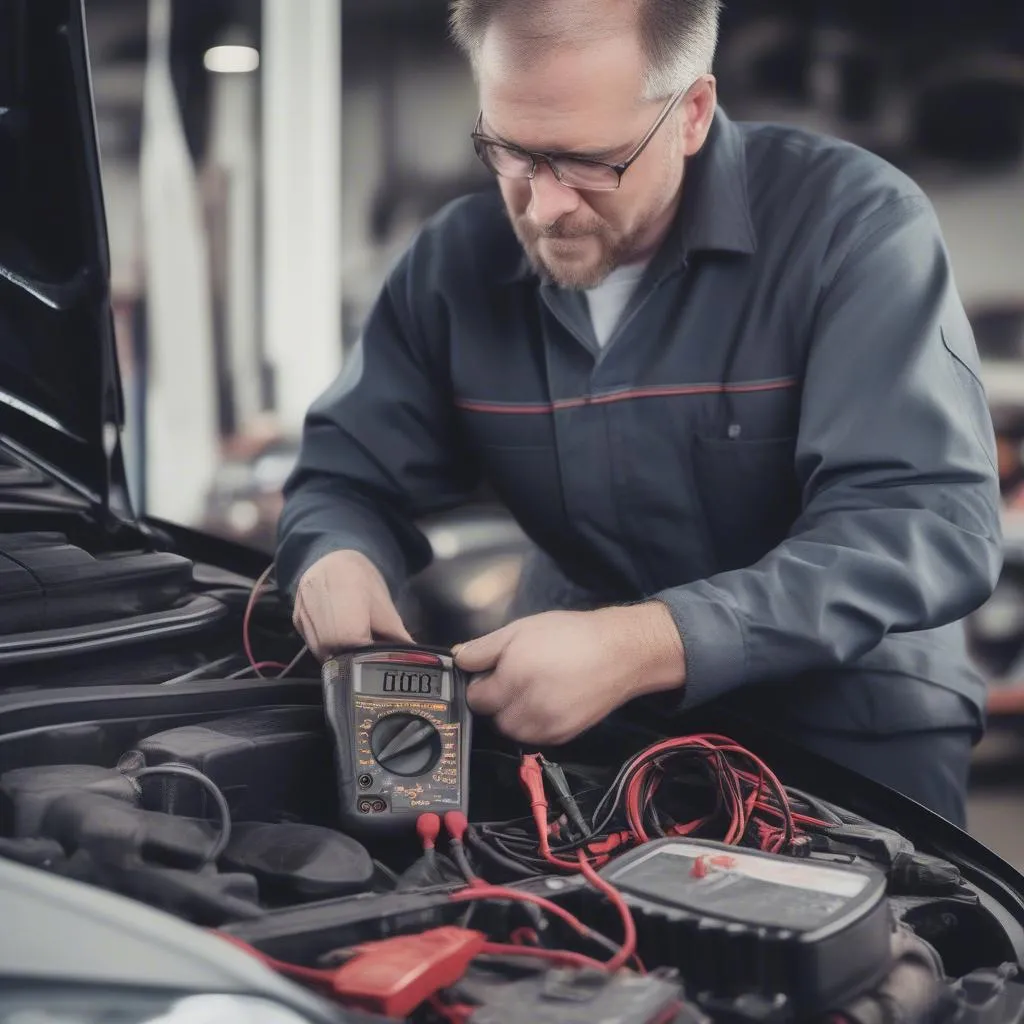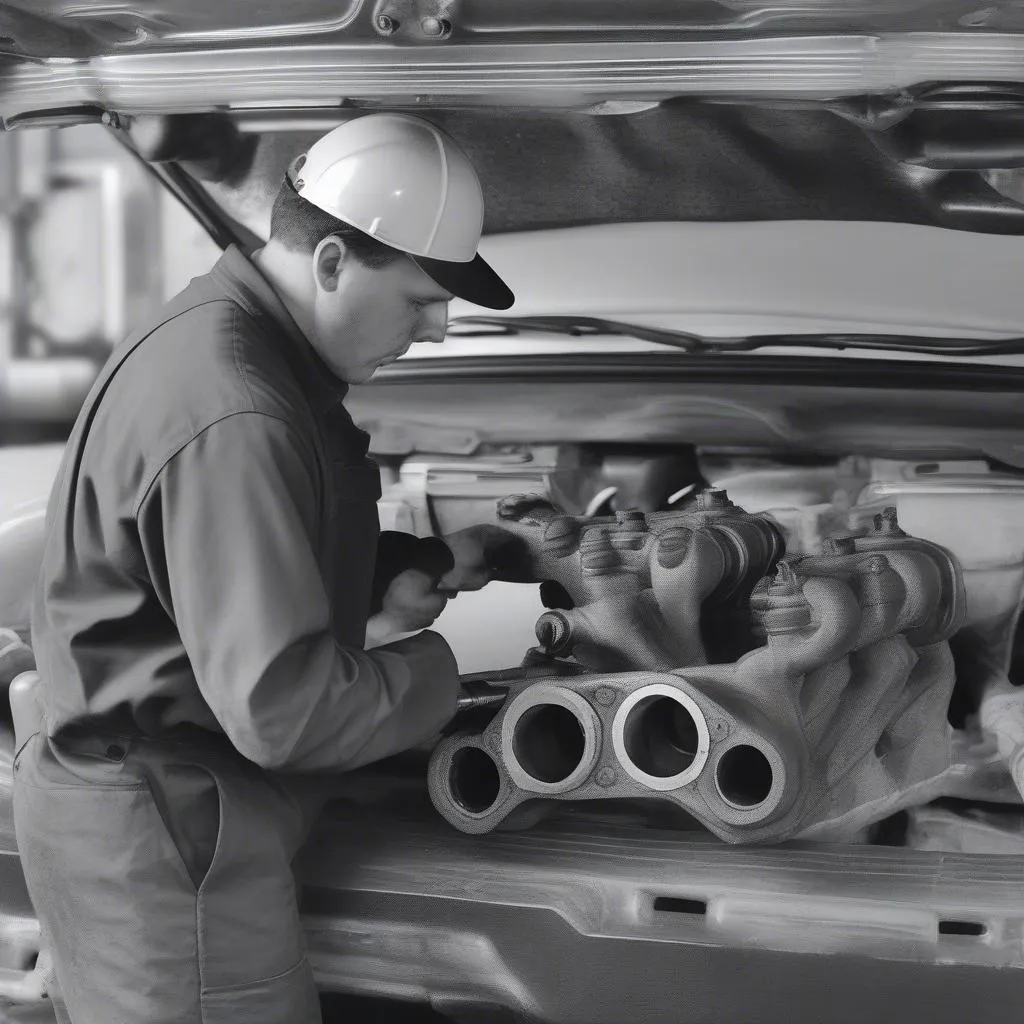You’re driving down the road, enjoying the smooth ride, when suddenly, a high-pitched noise starts coming from your car’s engine. It’s like a whine or a screech, and it seems to get louder when you accelerate. Your heart starts to race, and you think, “Oh no, what’s wrong with my car?” Don’t worry, it’s not always a sign of a major problem. There are many potential causes of this noise, and some of them are easy fixes.
Understanding the Noise and Its Cause
A high-pitched noise while accelerating can be a symptom of several issues, and identifying the specific cause is crucial for proper diagnosis and repair. Think of it like a detective story where the noise is the clue. We need to find the culprit!
Common Causes
- Worn Belt: One of the most common causes of a high-pitched noise is a worn serpentine belt. This belt drives many of your car’s accessories like the alternator, power steering pump, and air conditioning compressor. Think of it as a “jack of all trades” belt! As the belt wears down, it can start to slip, creating that high-pitched whine.
- Faulty Alternator: If you hear the noise along with the battery light coming on, the culprit might be a failing alternator. It’s responsible for generating electricity for your car’s electrical system. When it fails, the battery can’t be charged, and the noise you hear is the alternator struggling to keep up.
- Failing Power Steering Pump: This pump is responsible for making steering easier. A faulty pump can produce a high-pitched noise when the steering wheel is turned. This is particularly noticeable when driving in a parking lot or when maneuvering at low speeds.
- Loose or Damaged Pulley: Pulleys, which are attached to the serpentine belt, can also be the culprit. If a pulley is loose, it can cause the belt to slip and make a noise. A damaged pulley can also cause this issue, and if left unaddressed, it can eventually lead to catastrophic failure.
- Loose Exhaust Manifold: Exhaust manifolds, which are responsible for collecting the exhaust gases from each cylinder, can become loose over time. When this happens, the exhaust gases can escape, causing a high-pitched noise, particularly under acceleration.
Diagnosing the Noise and Getting it Fixed
- Start with a visual inspection: You can check the serpentine belt for signs of wear, fraying, or cracks. A quick check might be all you need to spot the problem.
- Listen carefully: Listen to the engine and see if the noise changes when you accelerate, decelerate, or turn the steering wheel. This will give you a good idea of where the noise is coming from.
- Check for other symptoms: Check for any other signs of problems, such as the battery light coming on, a loss of power steering, or a decrease in engine performance. This can give you more clues about the potential problem.
Expert Advice
“A high-pitched noise while accelerating is a common issue, and in many cases, it’s nothing serious,” says Dr. Charles Smith, a renowned automotive engineer. “But it’s important to get it diagnosed and repaired quickly, as a small issue can escalate into a larger problem.”
FAQs
Q: How do I know if it’s a worn belt or a faulty alternator?
A: If the battery light comes on, it’s a good sign that the alternator is the problem. A worn belt might make a screeching sound, but it’s less likely to cause the battery light to illuminate.
Q: Can I replace the belt myself?
A: Replacing a serpentine belt is a relatively simple DIY project, but if you’re not comfortable working on cars, it’s best to have a mechanic do it. This will ensure that the belt is properly tensioned and installed.
Q: How much will it cost to fix this noise?
A: The cost of repairing this issue can vary depending on the problem and the labor costs in your area. A new belt can cost anywhere from $10 to $50, while a new alternator can cost a few hundred dollars.
Q: What if the noise is coming from the exhaust?
A: If the noise is coming from the exhaust system, it’s important to have it inspected by a mechanic as soon as possible. A loose manifold can be a safety hazard, as exhaust fumes can leak into the passenger cabin.
Related Articles
Get Help Now!
If you’re experiencing a high-pitched noise while accelerating, don’t hesitate to contact us! We have expert technicians who can diagnose the problem and provide you with the best repair solution. Contact us via WhatsApp at +84767531508. We’re available 24/7 to assist you.
 Serpentine Belt Inspection
Serpentine Belt Inspection
 Checking the Alternator
Checking the Alternator
 Exhaust Manifold Inspection
Exhaust Manifold Inspection
We hope this article has been informative. Let us know in the comments below if you have any questions or want to share your experiences!